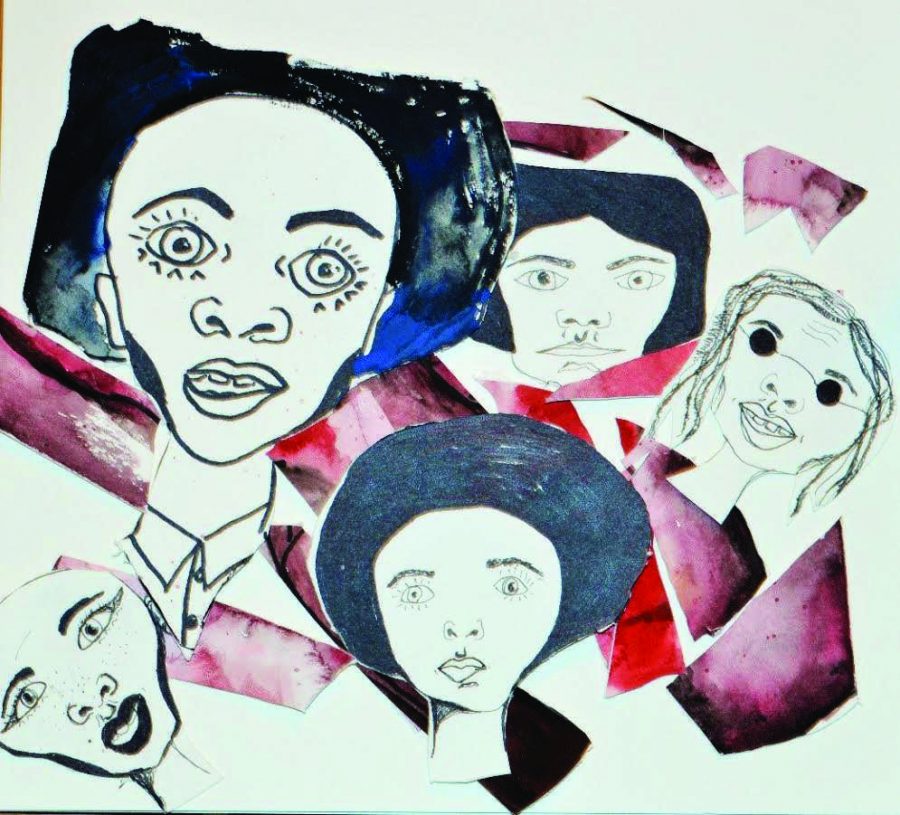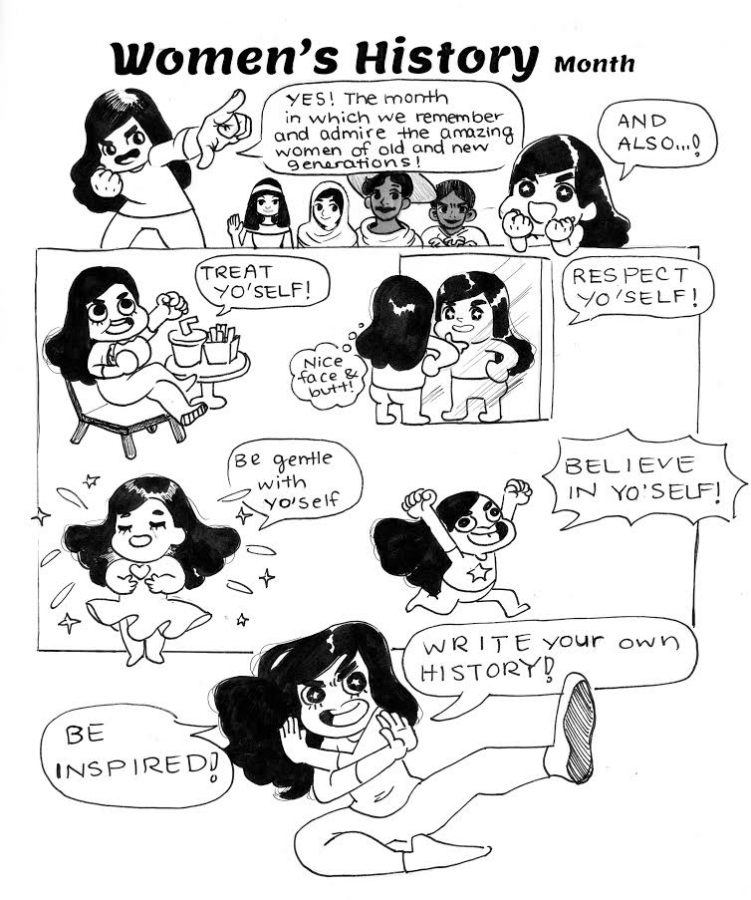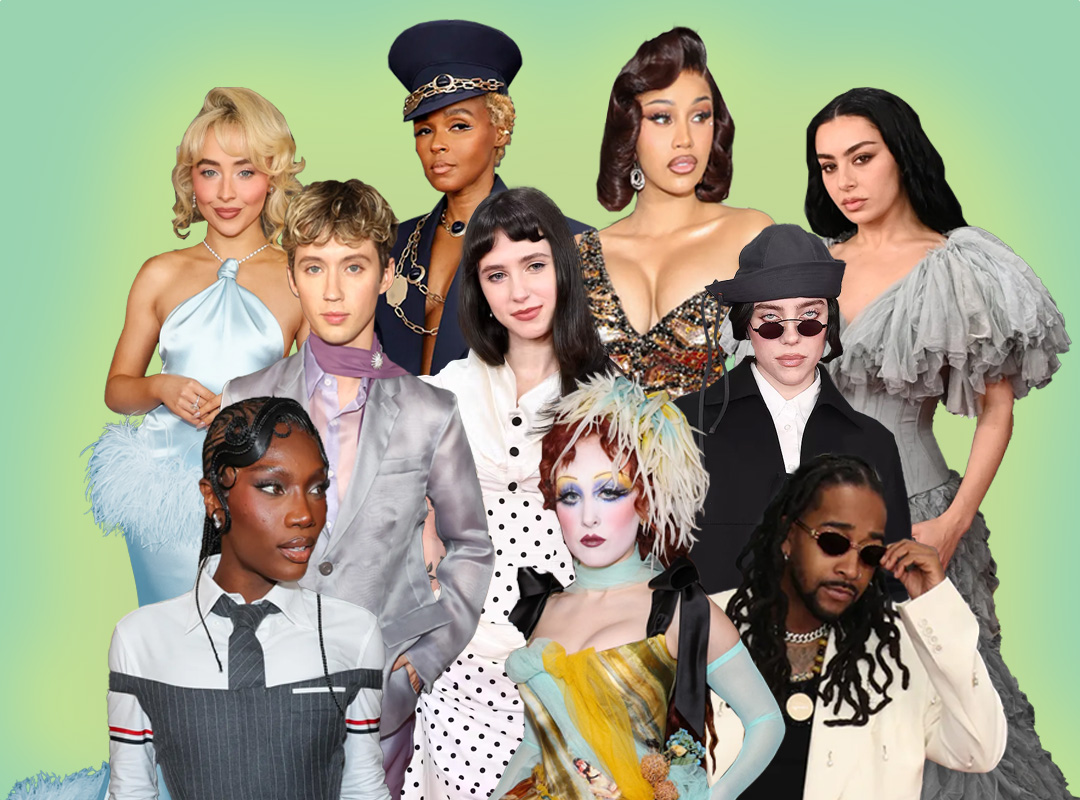By Wallace
Staff Writer
Colorism is the act of discrimination against those of a darker skin tone based on European standards of beauty, which are rooted in colonization and imperialism. Because of the oppression of people of color by European nations, being of a lighter skin and more similar to those of European descent provided benefits in society which translated into these lighter skinned individuals having privileges over darker skinned individuals.
These nuances are still found in mainstream media in which darker-skinned individuals are not viewed as beautiful or are “beautiful despite being darker skinned.” Colorism is found in every community of color, and is often internalized by persons of color, which creates toxic spaces for those of darker skin, leading to a lack of visibility and a sense that they are not valid because of their skin.
Lately, as the black community has seen more visibility as a whole in mainstream media, colorism impacts whose voices and stories are told in the community and to the widespread viewers. This article will discuss the colorism in the Black community; however, it is important to recognize that colorism exists in all communities of color and can be tied to anti-blackness.
The most egregious recent example of colorism in media is the use of blackface by Zoe Saldana in the new biopic “Nina,” which is about the life of Nina Simone. Simone was a dark-skinned performer and activist who was a huge promoter of love for dark-skinned Black women, and this casting choice for her biopic goes against everything she stood for.
Saldana is a light-skinned Afro-Latina actress playing Simone and is covered in blackface in order to look like Simone—which is incredibly disrespectful and disgusting.
Here’s why: Black women actors of a darker skin tone exist and are more than capable of playing a darker-skinned woman over a light-skinned woman who has to be made darker-skinned. This is an example of colorism, because the story of a dark-skinned Black woman is being portrayed by a lighter-skinned women, who is simultaneously profiting from this portrayal. When roles that are literally lined up for darker-skinned women are given to lighter-skinned women, it furthers their erasure.
Please boycott “Nina” and do not support the use of blackface in any form.



















